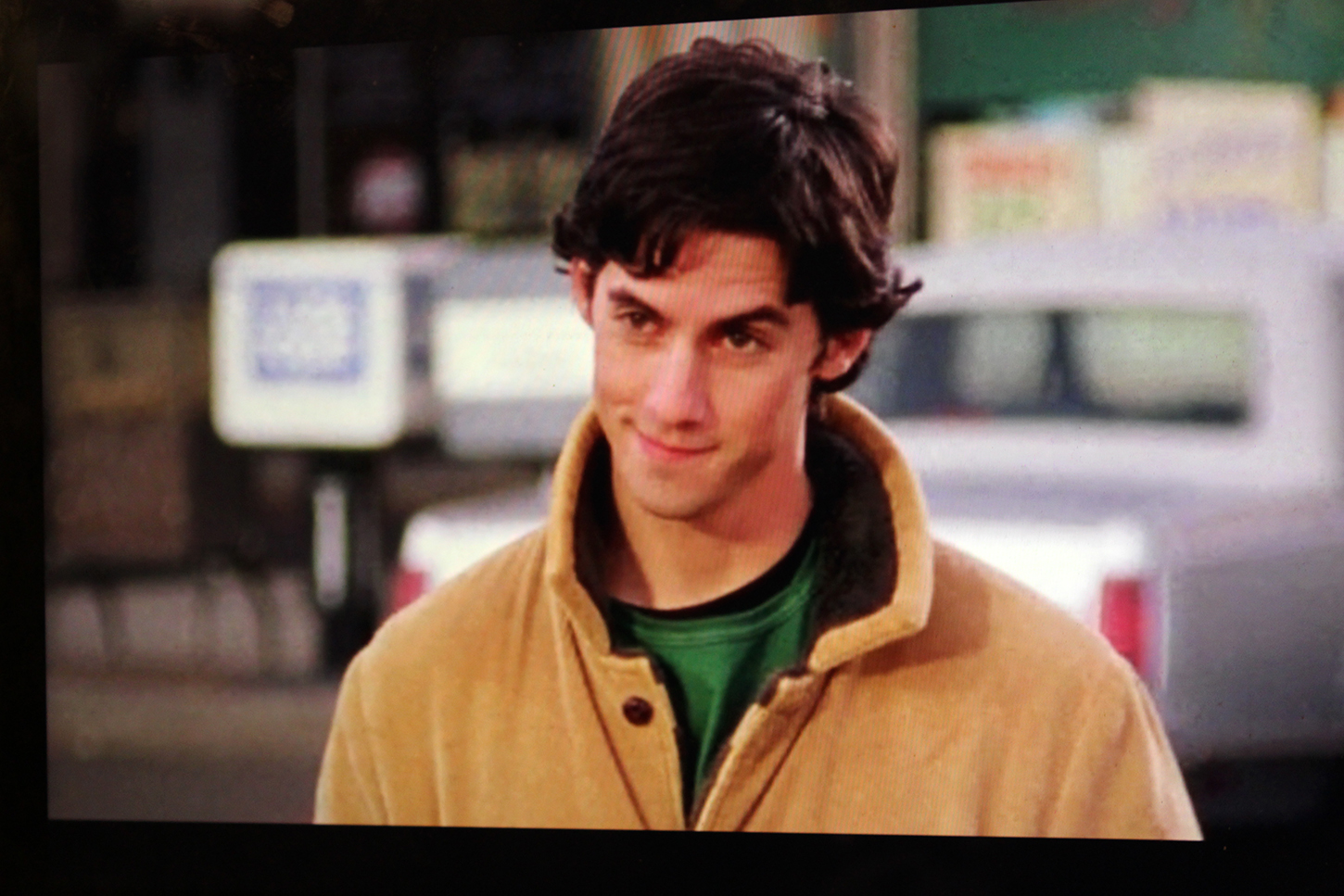Clint Eastwood’s biopic, J. Edgar, chronicles the muddled successes, corruption and internal struggles of J. Edgar Hoover (Leonardo DiCaprio), founder of the FBI.
Makeup blunders and a confusing plot that jumps in and out of the past have led many critics to give the film mixed reviews thus far. I already think Leo’s face looks like a pumpkin so his puffed-up putty here didn’t seem that far from normal, but it has really bothered people. I don’t see how a makeup job can make or break an entire movie, but I suppose some people are very picky.
The shots are incredibly dark and broody, mirroring the brutal way Eastwood goes about unearthing J. Edgar’s demons. The feel of the film, with its careful costuming and color choices, is intensely accurate; Eastwood sticks to history.
Slow to start, J. Edgar has trouble finding its tone at first – but after a half hour, it begins to pick up, especially as J. Edgar’s secret homosexuality is thrown into the mix. Eastwood and screenwriter Dustin Lance Black show, somewhat satirically, Hoover’s rise to power in the early twenties, his passion to find a constant moral base for a conflicted America, wrecked by conflicting ideologies and surging crime.
Hoover builds his bureaucracy on the idea that a higher power, asserted by his personal dominance, must weed out the greater ideological evils plaguing society. Hoover never loses his hatred of communists, even after scattered bombings, including that of the home of his boss General A. Mitchel Palmer.
The film explores Hoover’s corrupt tactics of bribery and subversion, his submission to his very controlling mother, his need for public fame, his fears, his successes (particularly Hoover’s forensic developments).
J. Edgar is characterized as an extremely driven, egoistical, bigoted, organized, fiery force – and DiCaprio handles the contradictions and corruption very well, switching from naïve and socially inept to vicious, narcissistic and cold. The way in which the screenplay deals with Hoover’s sexuality is tasteful – and the tense, repressed, at times, adorable affair between Hoover and Clyde Tolsen (Armie Hammer) drives the film forward, balancing nicely with the exploits of the fledgling FBI.
And while the film’s jumps between Hoover as a somewhat senile curmudgeon and his young beginnings were meant to widen the scope of the viewer’s understanding of Hoover’s complexities, they actually create many avenues that were left empty or not fully explored.
All in all, J.Edgar is a good film with a star cast, bringing the story of a man who was once the face of criminal justice in America, one of the most powerful men in the world, to the screen. And, if a puffed up make-up job isn’t enough to ruin a movie for you, give it a shot.
























































































































